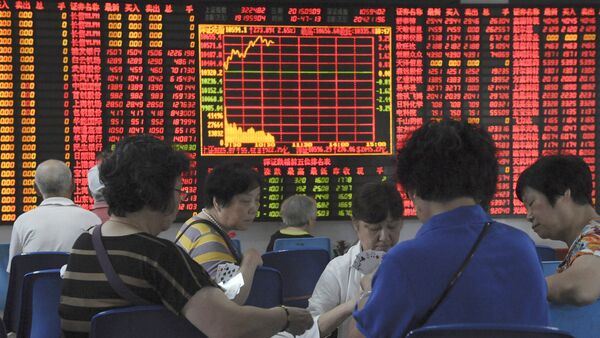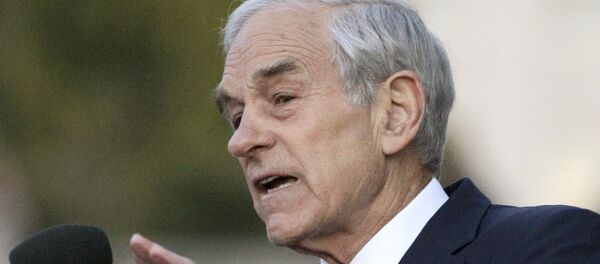According to the Brazilian economist, a combination of factors continues to impact the rise in credit and indebtedness, dating back to 2008 when the Chinese authorities adopted countercyclical measures in order to counteract the effects of the financial crisis.
China is jettisoning its current "developing economy" model of promoting investment and emphasizing exports, and adopting a more "developed economy" model in which domestic consumption and the service sector play a bigger role. Recently, the transition has suppressed the Chinese economy's rapid growth rate.
"I am not concerned with the deceleration of the economy. I would be more concerned if the Chinese government tried to achieve a higher short-term growth rate at any cost," Ribeiro said.
The economist assures that the changes will win the country a more solid position in the global arena.
"In terms of absorption of goods and maybe even services, China is a more relevant player now than it was in the beginning of the 2000s," he claimed.
Ribeiro estimates that the Celestial Kingdom's growth rate will fall to a level of 6.0 to 6.2 percent by the end of 2020, but sees no problem for the economy itself if this is the case.
In the first and second quarters of 2015, China's GDP was seven percent, a record low for the past six years. According to statistics for July and August, China's growth is still slowing, despite a decrease in interest rates and other government measures to stimulate the economy.




